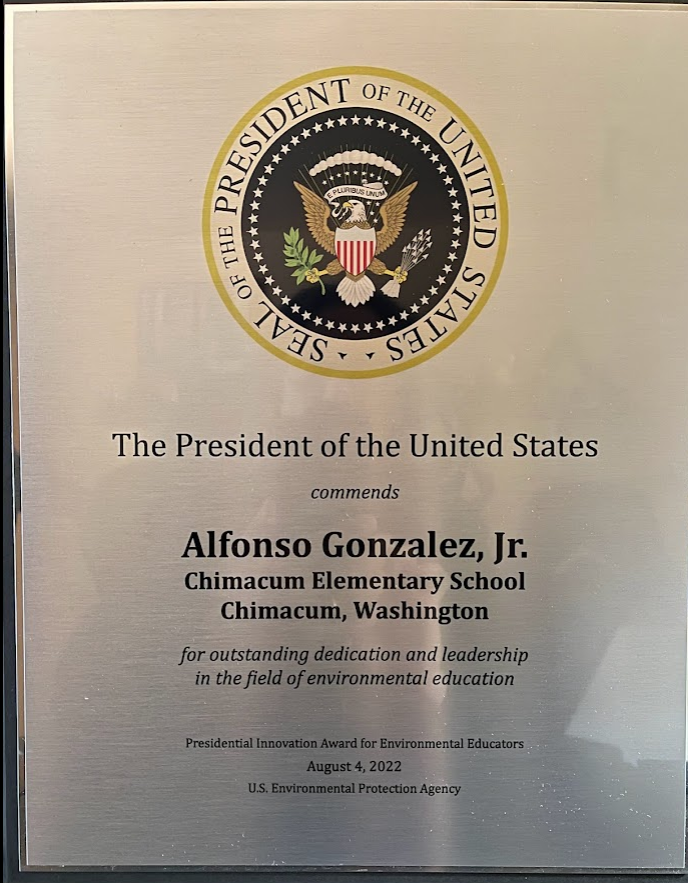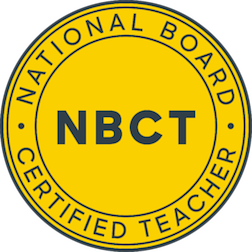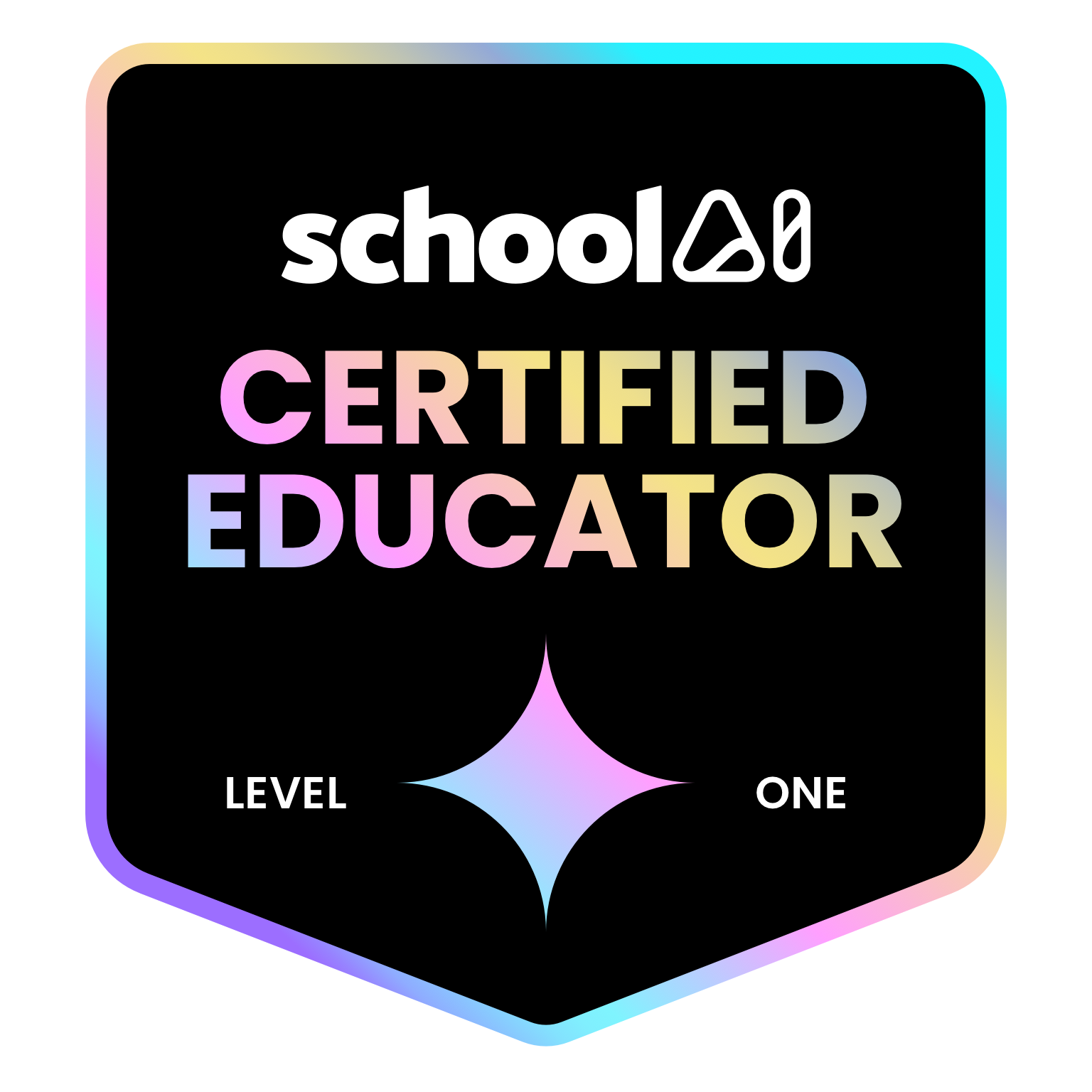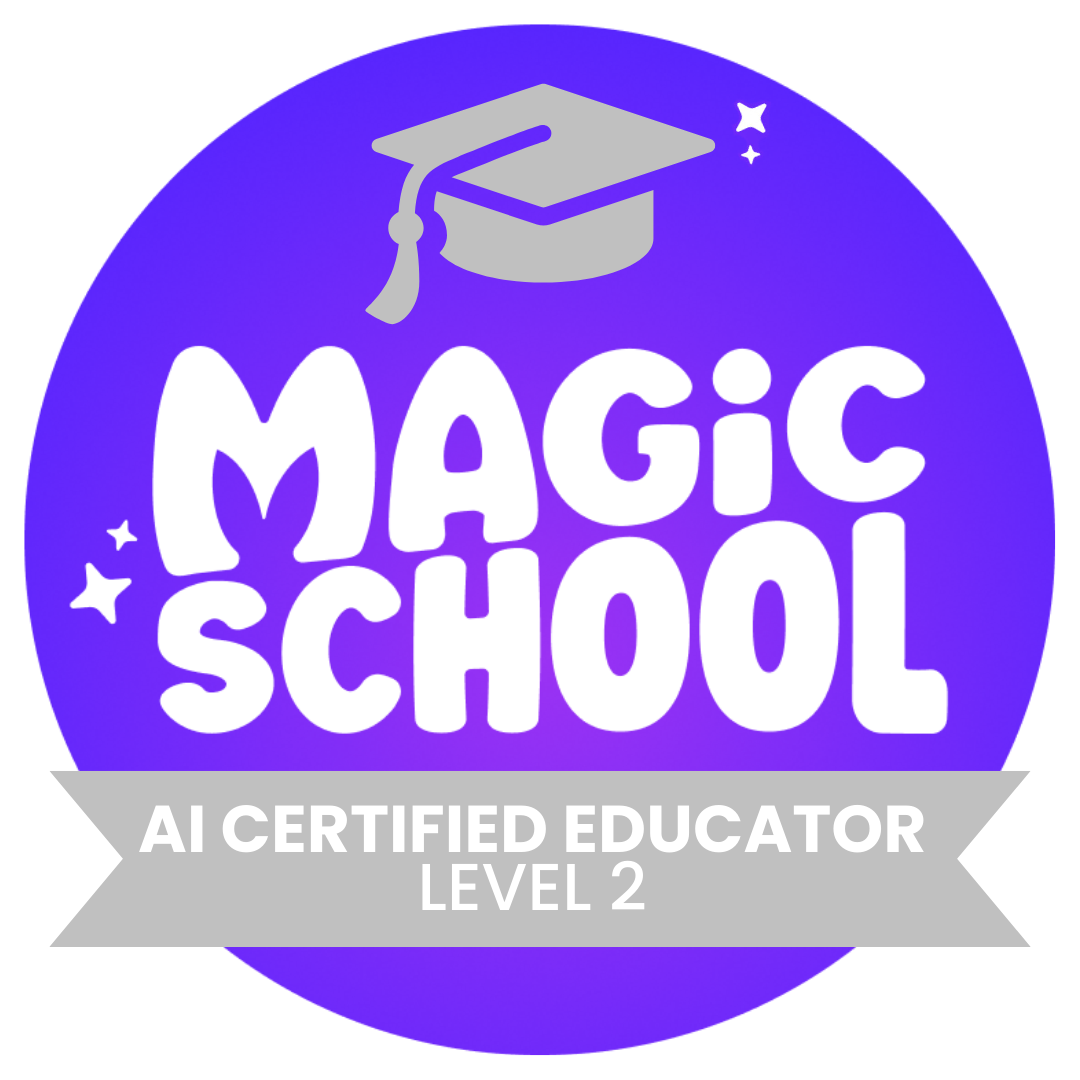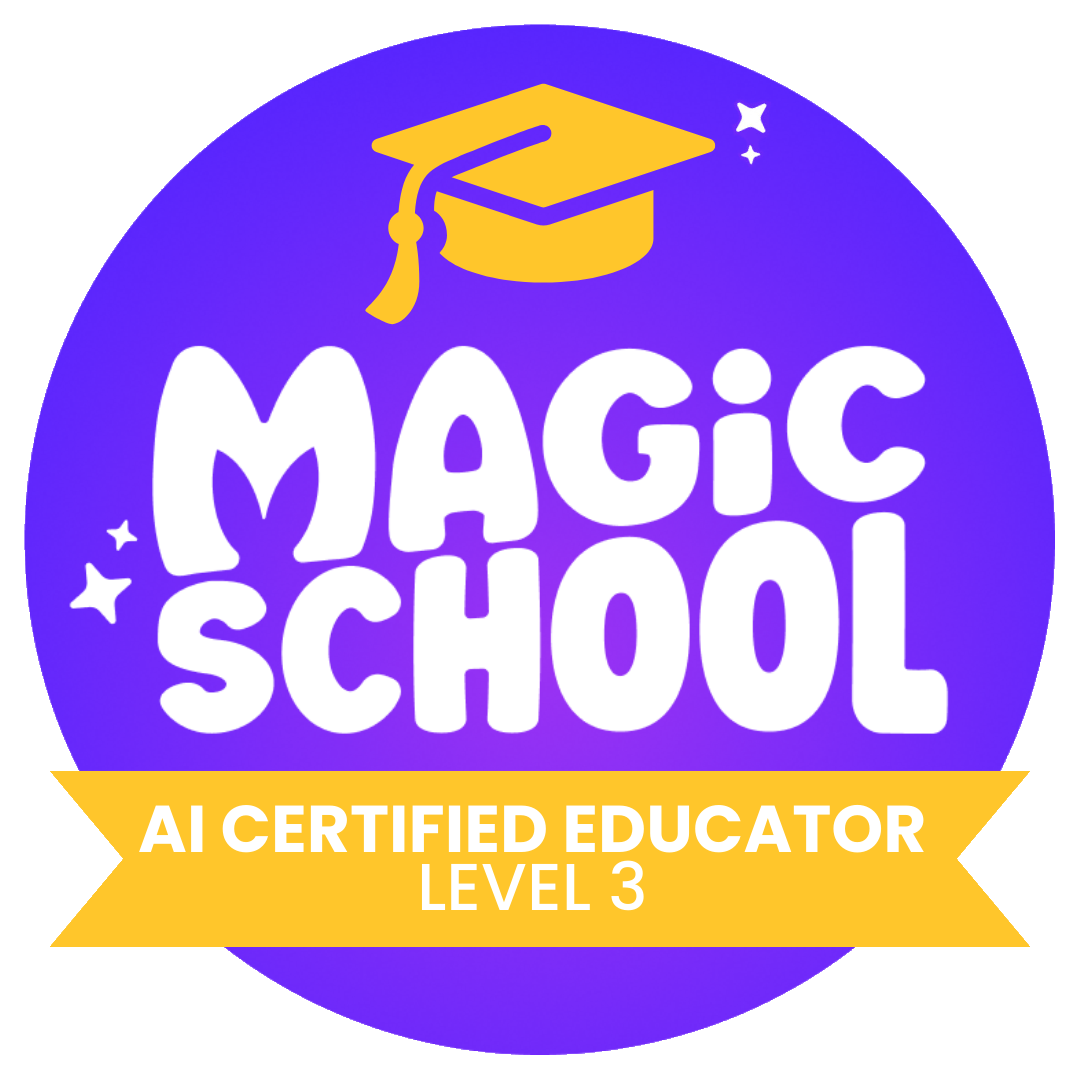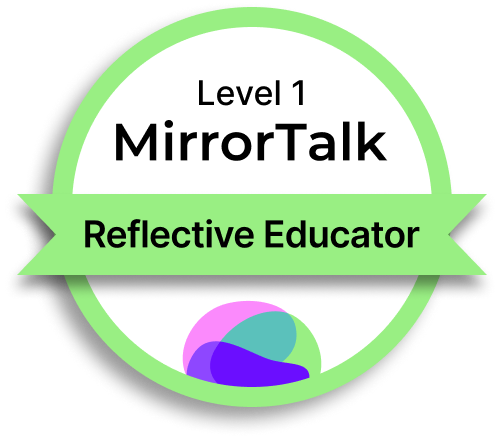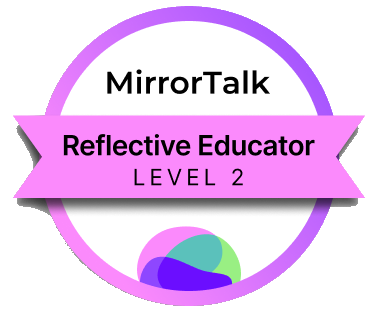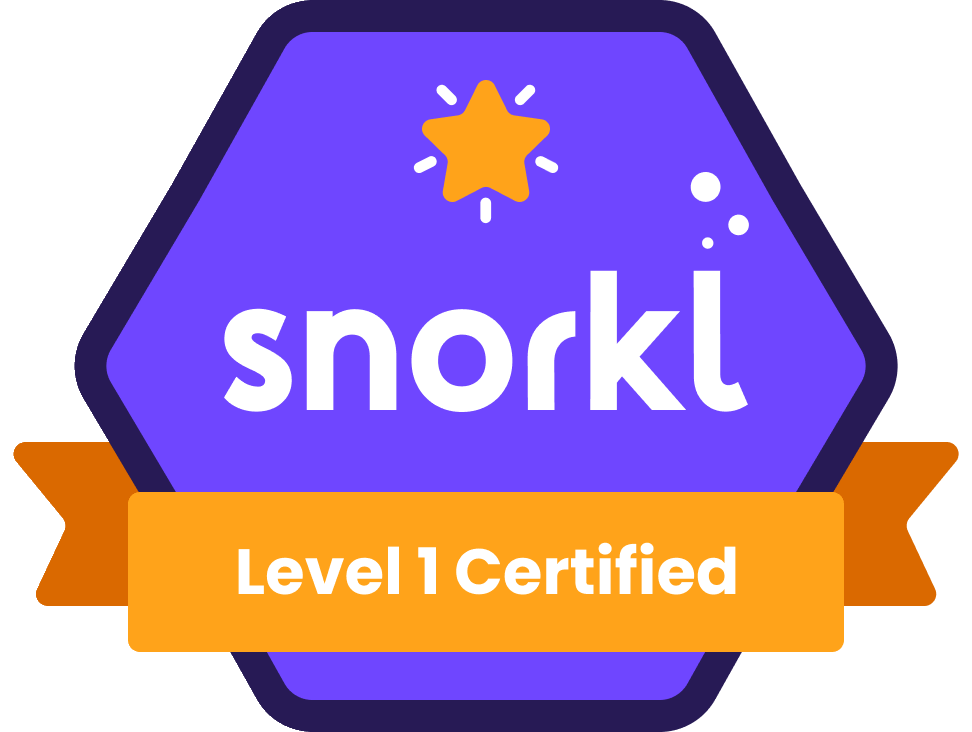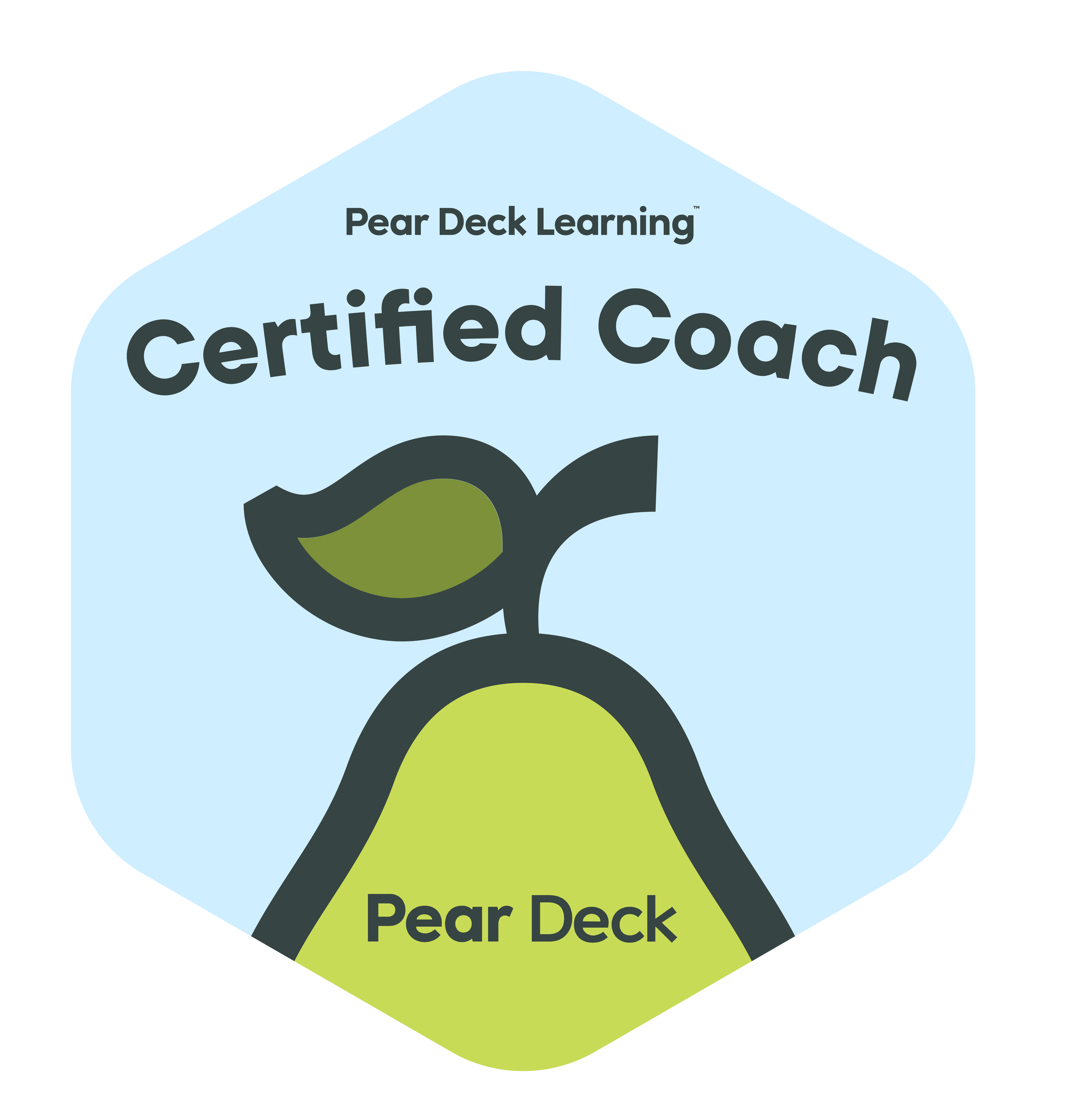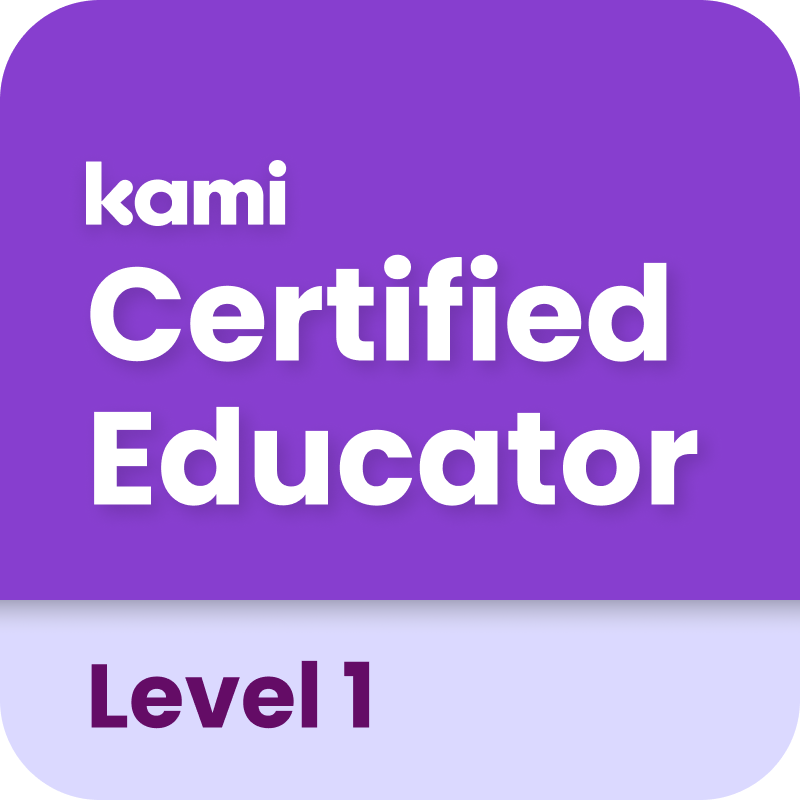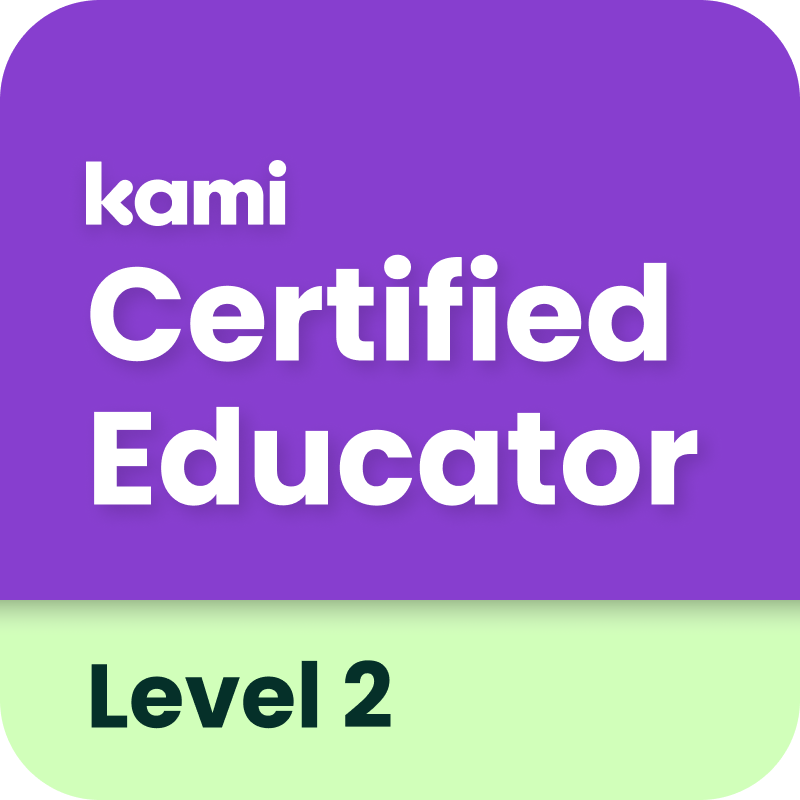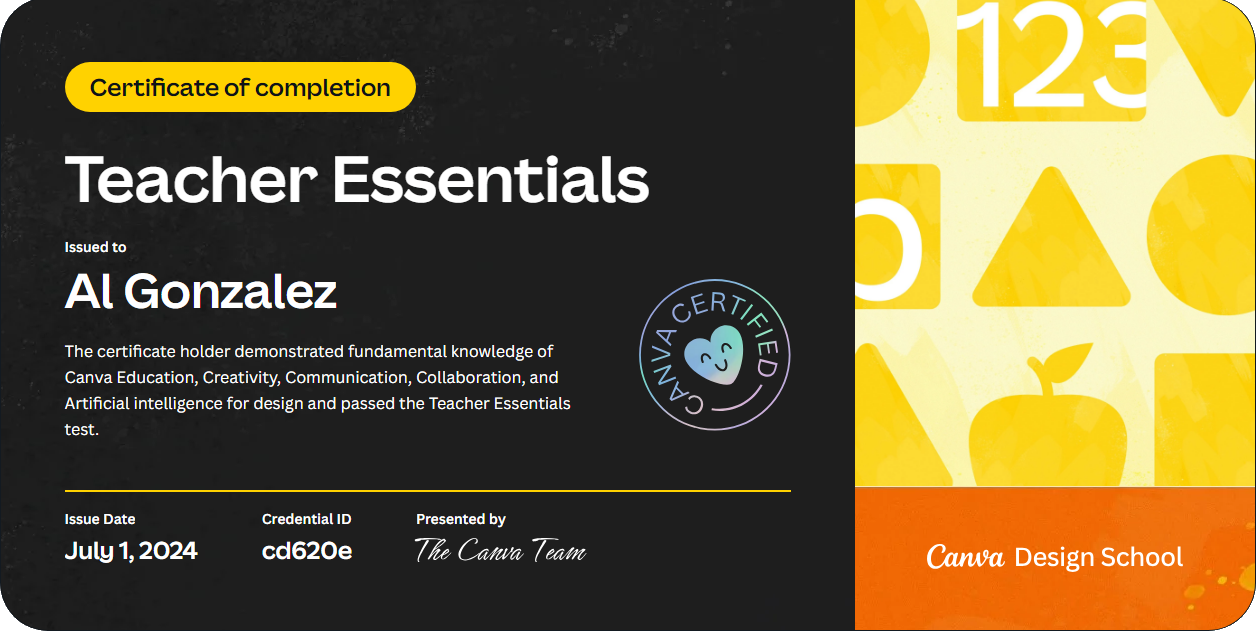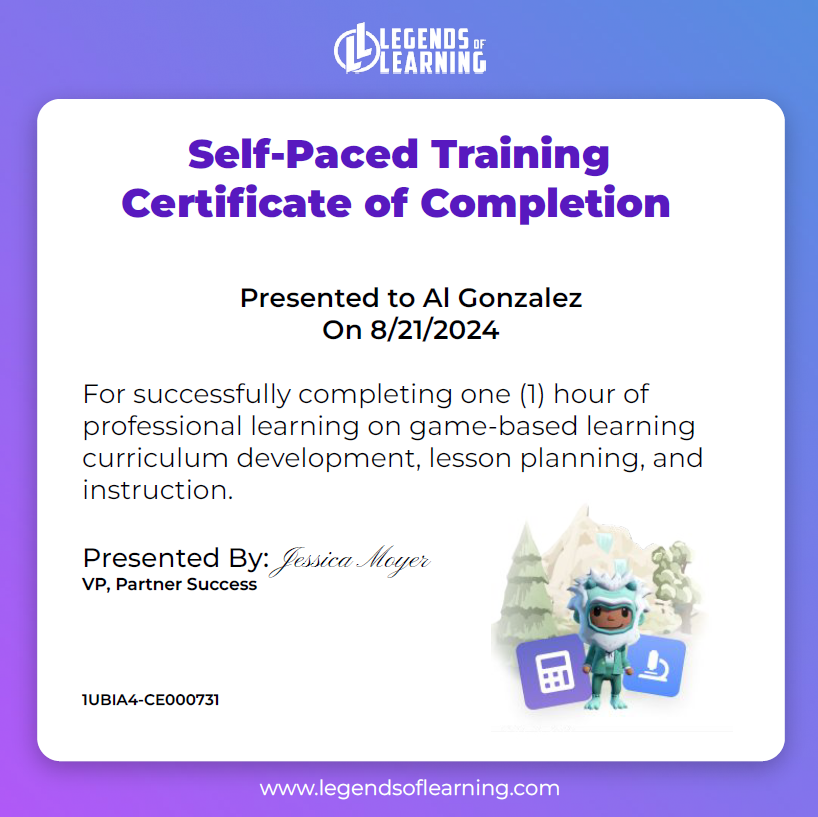I have question about standardized test remediation courses. I know the answer to my question but I still have a strong, almost masochistic, desire to ask it. So let me start with the answer to my question.
“You’re right, Al, and I agree with everything you say but (yes, I, Al, know there is a but – come on, you saw this coming) the REALITY is that WE HAVE TO PREPARE our students to pass (enter your number here) standardized or end of course exams in high school in order to graduate. They can have straight A’s, be in sports, participate in every club and after school activity ever imagined, have a part-time job, do community service, present an incredible senior project, have actual experience doing things that could land them a job right now, maybe even start their own company right now, BUT if they do NOT pass even one of those high school standardized or end of course tests they WILL NOT GRADUATE.”
Did I get the answer right? And if that answer is correct do we see what’s wrong with it?!? How can WE FIX THAT????
So here’s my question:
If our goal as a middle school is to help our students become independent life-long learners who will have a growth mindset and value working hard to learn does it make sense to take away a class they enjoy to give them more of a class in which they struggle?
Shouldn’t the purpose of the remediation be to have students work on activities that will lead to a love of the subject by using high interest, relevant, rewarding tasks will that make the class more appealing, and thereby increase learning in that subject? Or should the goal of the class be to teach kids how to prepare for or pass a test? I mean, one test?? And if the goal is or should be to lead to a love of the subject by using high interest, relevant, rewarding tasks do you even need another, remediation class for that? Shouldn’t’ the original class offer that? (That’s a different subject altogether because what if the original class doesn’t offer that because the focus, or even part of the focus, is on preparing kids for a one-day-a-year test?!?)
Let’s put that one test into perspective:
Our 7th and 8th graders take three standardized tests each year, spending approximately 9 to 12 hours bubbling in some multiple choice questions and writing some short answers to questions that may or may not have anything to do with what we teach here all year long.
By contrast a student who comes to school on time every day of the school year will spend 1,080 hours engaging in activities that are more involved than just answering multiple choice and short answer questions. Out of those 1,080 hours, 720 of them are spent in core classes. That leaves 360 hours a school year to develop their love of music and art, to learn about health and to stay or get fit or learn other skills not learned in core classes (meaning language arts and social studies or humanities, math and science).
If a student is struggling in a core class for 180 hours a year does it make sense to add another 90 or 45 hours to help them pass a test? Is that going to revitalize their love of that subject or galvanize their desire to work harder at learning that subject? By putting them in a remediation course their time to develop their love of music or art, learn about health, stay or get fit, and learn other skills will decrease to anywhere from 315 to 270 hours a year from the original 360 hours.
Does nine hours of testing (really three to four hours because that is how long they typically spend on one subject area) warrant 45 to 90 additional hours of test prep? Or, as research (Google Dr. Jo Boaler) shows, is it better to prepare kids to pass the test by engaging them in learning instead of teaching them how to take a test?

